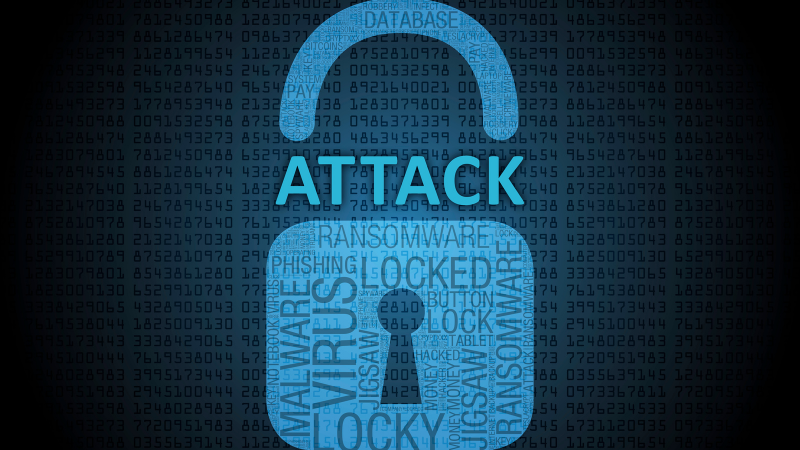DDoS Attack Prevention for SMBs
Distributed Denial-of-Service attacks target the server, network, website, or computer of a business to bring it down. A DDoS attack overloads the system by flooding it with traffic causing the system to deny service to legitimate users. For example, by interfering with the DNS Server, hackers can stop network connections making internal programs unfunctional to employees and websites inaccessible to customers. Imagine coming to work and not being able to conduct any business.
A DDoS attack can cause a company to be inactive and lose business. WTS can help prevent cybercrime from destroying your business.

The average cost of a DDoS attack is $20-$40K. DDoS attacks don’t benefit the hacker monetarily, but they will cost the business they’re attacking quite a bit of money in lost revenue and reputational damage. Because of this, Small-to-Medium businesses are just as likely to get hit as larger companies. Last year, just one major DDoS Intelligence System detected nearly 60,000 attacks. These attacks are deliberately engineered to cause disruption to a business.
A DDoS attack can effectively shut down a company, even if it’s just temporarily, leaving it vulnerable to more attacks and inoperable for business until further notice. These types of attacks can be crippling for a company, but they’re not inevitable. DDoS attack prevention for small businesses is possible.
DDoS Attack Prevention Tips
Increase Awareness
Knowing the signs of an attack is key to preventing one. A main symptom of a DDoS attack is a surge in traffic. Knowing normal traffic patterns can help in identifying abnormal incoming traffic. Also be on the look out for other signs of unusual activity originating from a single IP address. Other symptoms are spotty connectivity, slow performance, and outages. If your systems crash – that’s a big warning sign. Increase awareness in these attack signs in order to build a resilient infrastructure and know when to implement your response plan.
Build a Resilient Infrastructure
The first line of defense are always firewalls and anti-virus software. There are other programs that can help secure infrastrures as well, but these are the starting points. Hardening IT infrastructure with the provided settings is a must too. Moving to the cloud can definitely help as it has more bandwidth. Increasing bandwidth won’t stop a DDoS attack, but it will help businesses continue to function even if they find themselves a victim of one because it will give SMBs the chance to keep customer traffic going as long as possible. Using multiple servers is also a huge help in keeping companies operational as well.
Monitor Networks
Conducting regular security assessments is necessary for discovering any weaknesses in current networks. Performing vulnerability testing every 3-6 months will help small businesses patch trouble spots before they can be exploited by hackers. Doing a network analysis will help avoid any bottleneck areas that can cause issues in the future. Make sure to monitor performance, configuration, connection availability, and endpoints to ensure the networks are safe. Attackers look for gaps in cybersecurity to take advantage of so it’s important to make sure they have no point of entry into networks. Cyber attacks of all kinds can happen anytime and it’s essential for SMBs to monitor their networks periodically to help prevent them.
Have a Response Plan
A healthy response plan should include identifying the attack and shutting it down if possible, as well as mitigations from HR, and starting the recovery process. Start with assigning a trained team for this plan in action and a checklist of everything that needs to be done if an attack is suspected. IT professionals should be focused on identifying the source of the attack and the amount of damage done as well as repairing the network and infrastructure. HR professionals should focus on communication with employees, stakeholders, customers, and vendors in order to stop the spread of panic and be specific about what information gets out to the public. The response plan will tie directly into the Business Continuity Plan.
Want to learn more about our Cybersecurity and Managed IT Solutions? Let’s talk. Contact our team at 843-236-6436.
Ready for IT that WORKS for your business?

- Managed IT Services
- Business Phone Systems
- Managed Print
- Cybersecurity
- Cloud Services
- Data Cabling
Schedule a 15-minute meeting with our team.
